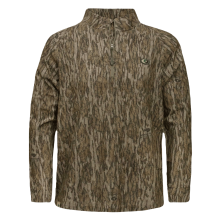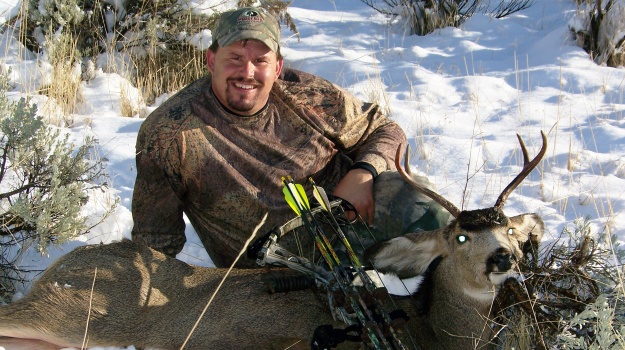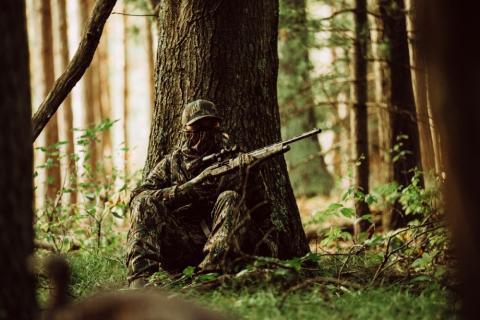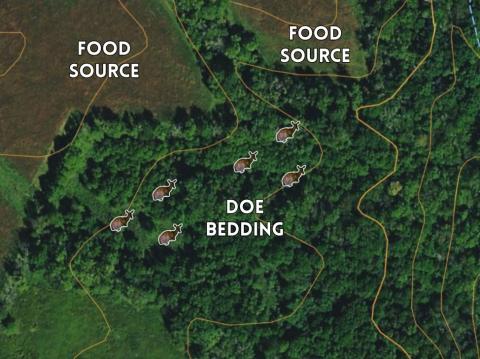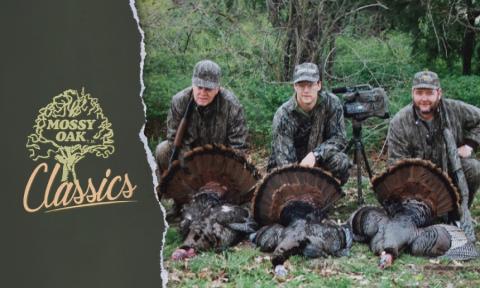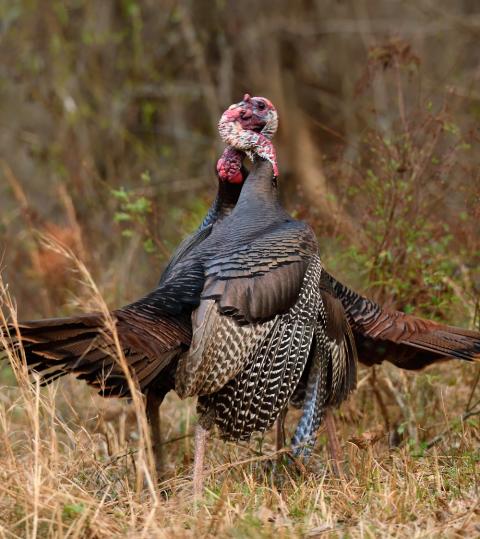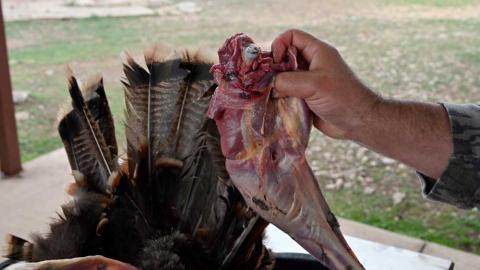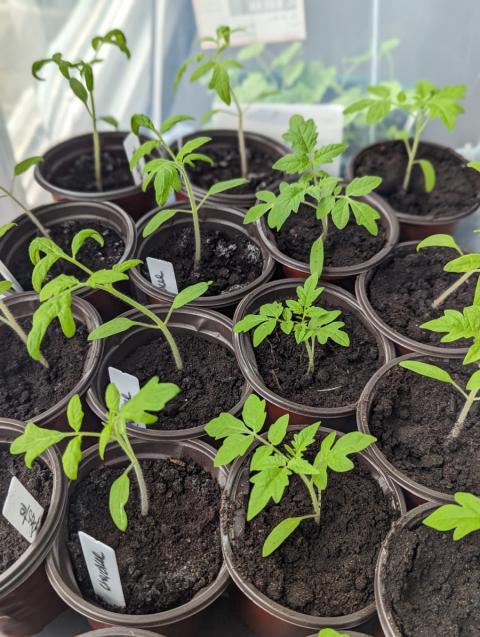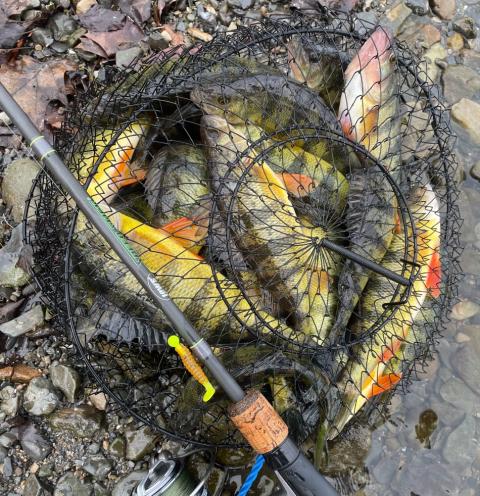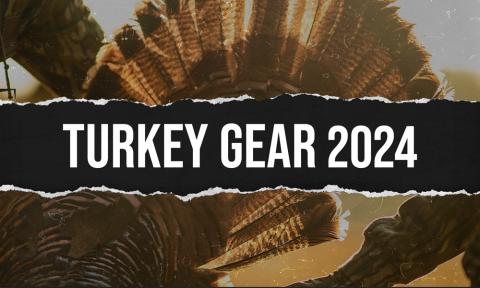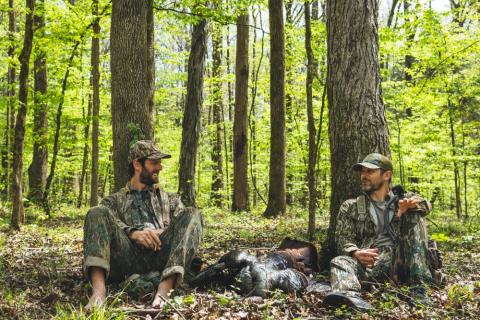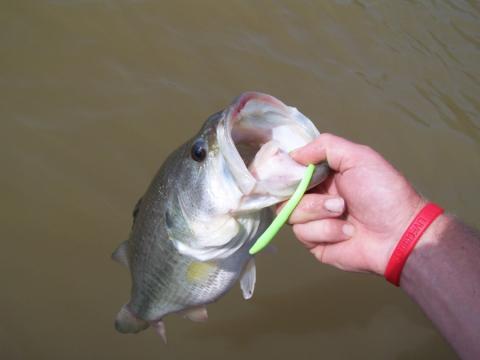by Austin Delano
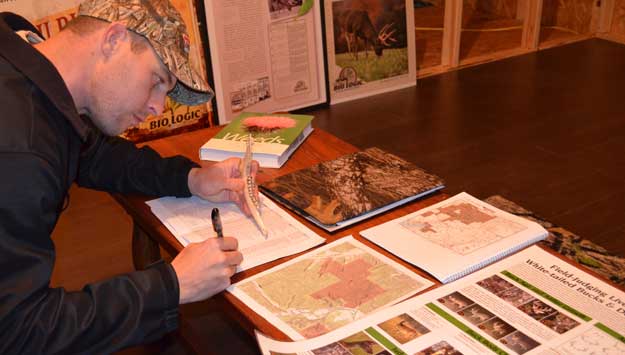
The fall can be a great time to look at how your season is going and make a checklist of things you would like to improve in the coming year. Call it a new year’s resolution for wildlife management purposes.
To ensure you can grow the best food possible for all the critters you are trying to manage, winter can be a great time to soil test. Getting the areas that you plant in food plots or mast producing trees tested and properly amended with the recommended lime and fertilizer will be the best money you can spend. I encourage land managers to get their lime spread in the late winter for a couple of reasons. Ag lime can take months to begin to break down and neutralize the acidity of your soil, the finer the mesh that the lime is screened through at the quarry, the sooner it will break down. If you usually use the local co-op to spread your lime or rent equipment from them to do it yourself, late winter is a good time to get it done before the row crop farmers begin their planting season. Getting your plots amended with the proper amount of lime will increase the effectiveness of your fertilizer which will positively impact the growth and palatability of your spring and fall food plots.
This can also be a great time of year to create a tree plot by utilizing hard and soft mast producing trees. Many of us have those hard to reach fields or grown up areas that don’t make great food plots because of their tough access or poorer soil types. These areas can be turned into a tree plot by selecting mast producing trees that will drop highly coveted acorns and fruit for your wildlife. One great tactic I like to use is taking a couple of acres and selecting 2-3 tree varieties that drop their mast at different times, this creates 2-3 month source of food. For example, persimmons and swamp white oaks can be planted for a great early season drop tree, and Shumard oaks can be used for the mid to late season drop. The guys at Mossy Oak Nativ Nurseries in West Point MS have these and many other varieties of beneficial wildlife plantings available.
This tip is courtesy of the GameKeepers Field Notes, a weekly wildlife and land management email newsletter produced by the Mossy Oak GameKeepers.
A GameKeeper by definition is someone who truly loves AND lives the land, the critters and nature…not just during hunting season but all the time. A GameKeeper wants to be outdoors every day and work the dirt while living their personal “obsession”.
Find out more about what makes a GameKeeper by visiting our website.








